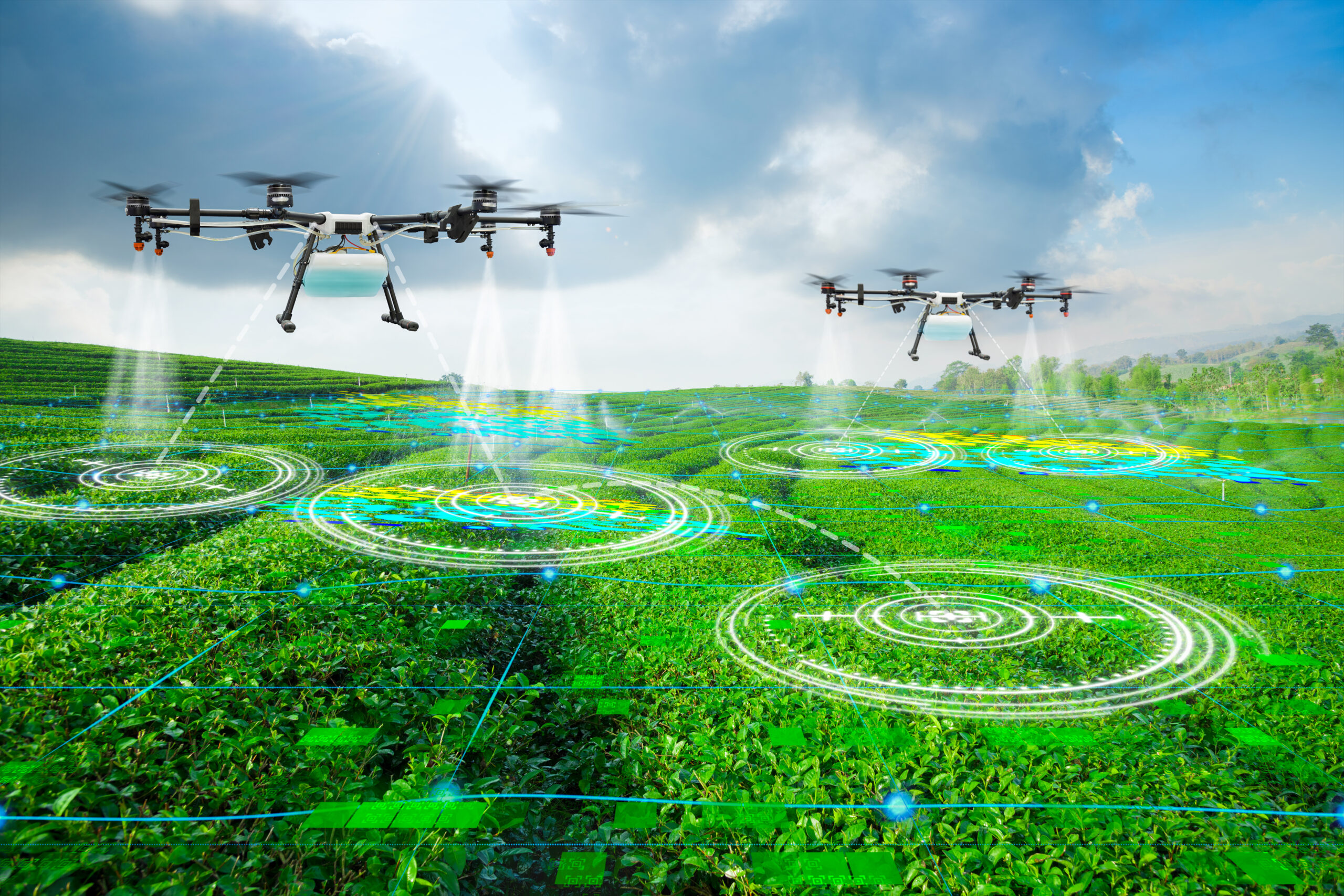Agriculture is evolving to ensure food security through five key trends: circular economy, data-driven decision-making, supply chain transparency, sustainable farming, and improved infrastructure. Going forward, how can we create a resilient, tech-savvy, and sustainable agrarian landscape, which can navigate challenges and strike a harmonious balance between modernity and tradition. Amidst the global imperative of ensuring…



